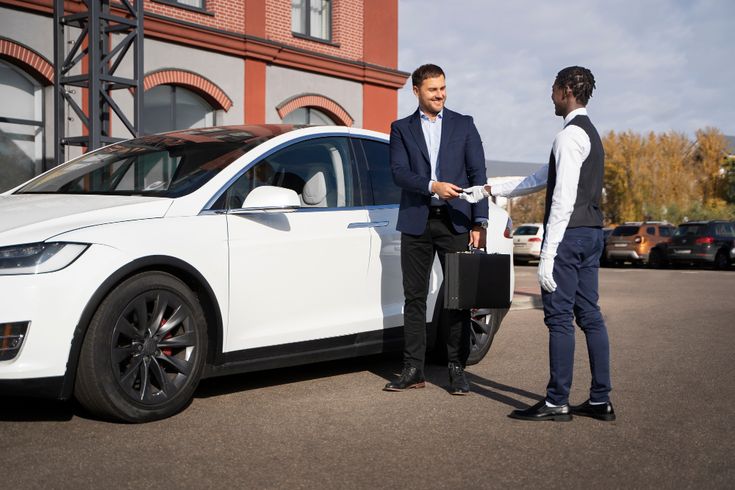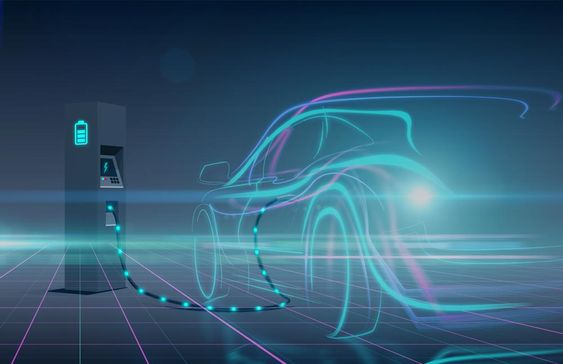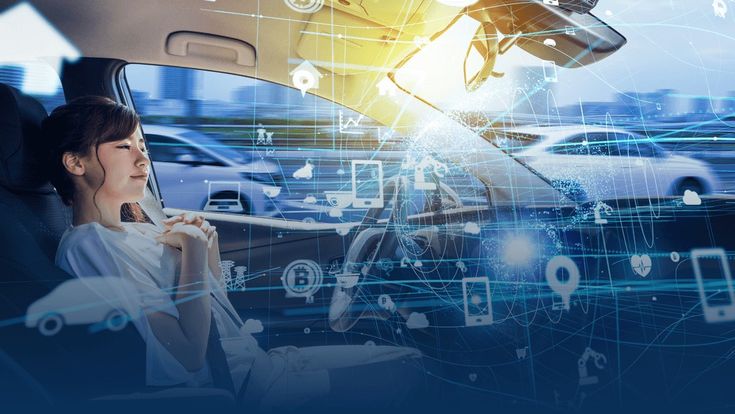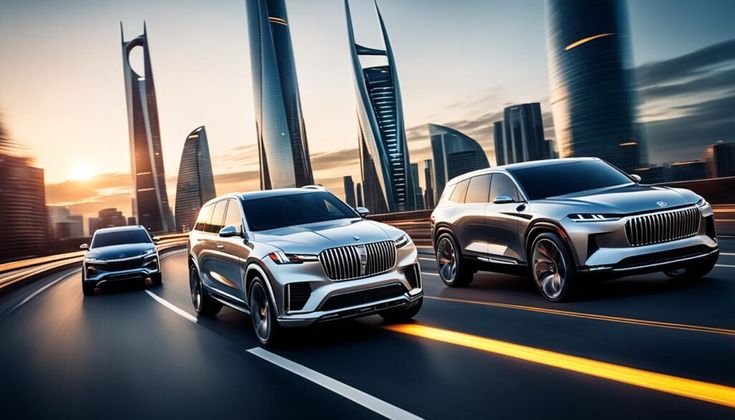Introduction:
The way we think about car ownership is rapidly evolving. Gone are the days of simply buying a car and driving it for years. New technologies, changing lifestyles, and a growing focus on sustainability are all driving a shift towards alternative car ownership models. This shift is not just about convenience; it's about redefining the very concept of car ownership and its impact on our lives.

This article explores the future of car ownership models, examining the trends shaping the industry and the potential implications for individuals and society as a whole. We'll delve into the rise of car subscription services, the growing popularity of shared mobility solutions, and the potential impact of autonomous vehicles on traditional car ownership.
Car Subscription Services: A New Era of Flexibility
Car subscription services are gaining traction as a more flexible alternative to traditional car ownership. These services allow users to pay a monthly fee for access to a vehicle, often with the option to switch cars regularly. This flexibility appeals to individuals who value convenience and don't want to be tied down to a long-term car loan.
Subscription services offer a range of benefits, including:
- No upfront costs: Say goodbye to hefty down payments and financing fees.
- Flexibility: Switch cars based on your needs, whether it's a weekend getaway or a family road trip.
- All-inclusive pricing: Monthly fees typically cover insurance, maintenance, and roadside assistance.
Shared Mobility: The Rise of Car-Sharing and Ride-Hailing
Shared mobility solutions, such as car-sharing and ride-hailing services, are becoming increasingly popular, particularly in urban areas. These services offer a convenient and cost-effective way to get around without the hassle of car ownership.
Shared mobility platforms offer several advantages:
- Reduced car ownership: Fewer people need to own cars, leading to less traffic congestion and parking issues.
- Environmental benefits: Shared mobility reduces the number of cars on the road, contributing to lower emissions.
- Accessibility: Shared mobility services provide transportation options for individuals who may not be able to afford car ownership.
Autonomous Vehicles: Redefining Car Ownership
The development of autonomous vehicles (AVs) is poised to revolutionize the car ownership landscape. AVs have the potential to transform transportation, making it safer, more efficient, and more accessible.
The impact of AVs on car ownership is multifaceted:
- Reduced need for personal vehicles: With AVs readily available, individuals may choose to rely on ride-hailing services or shared mobility options instead of owning their own cars.
- Increased mobility for seniors and disabled individuals: AVs can provide greater independence and mobility for individuals who may have difficulty driving.
- New business models: AVs could lead to the emergence of new business models, such as autonomous ride-sharing services and on-demand transportation networks.
Conclusion: A Future of Choice and Flexibility
The future of car ownership is likely to be characterized by a diverse range of options, catering to different needs and preferences. From car subscription services to shared mobility platforms and autonomous vehicles, the traditional model of car ownership is evolving rapidly. This shift presents both challenges and opportunities, requiring careful consideration of the social, economic, and environmental implications. As technology continues to advance and consumer preferences evolve, the future of car ownership promises to be exciting and dynamic.





